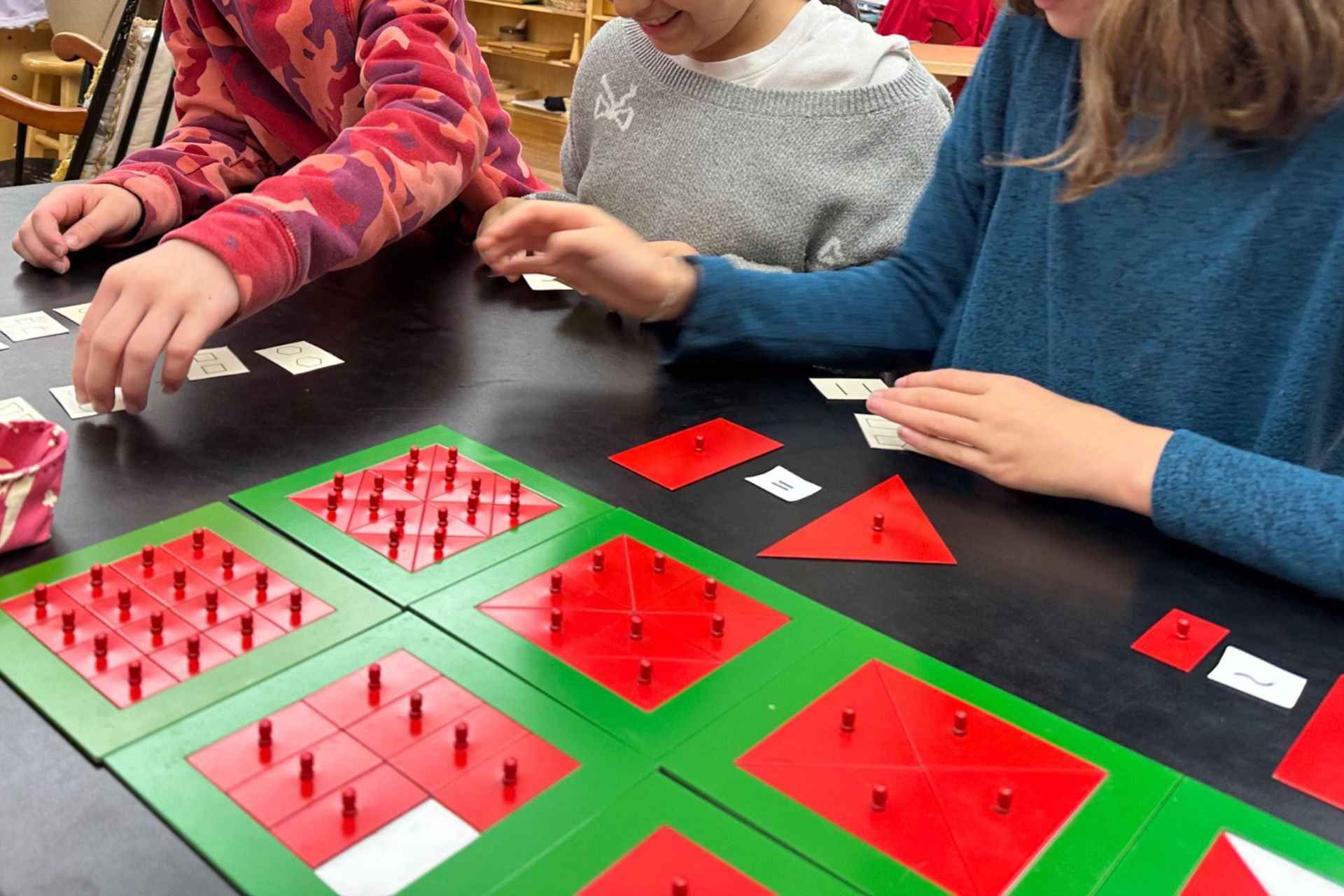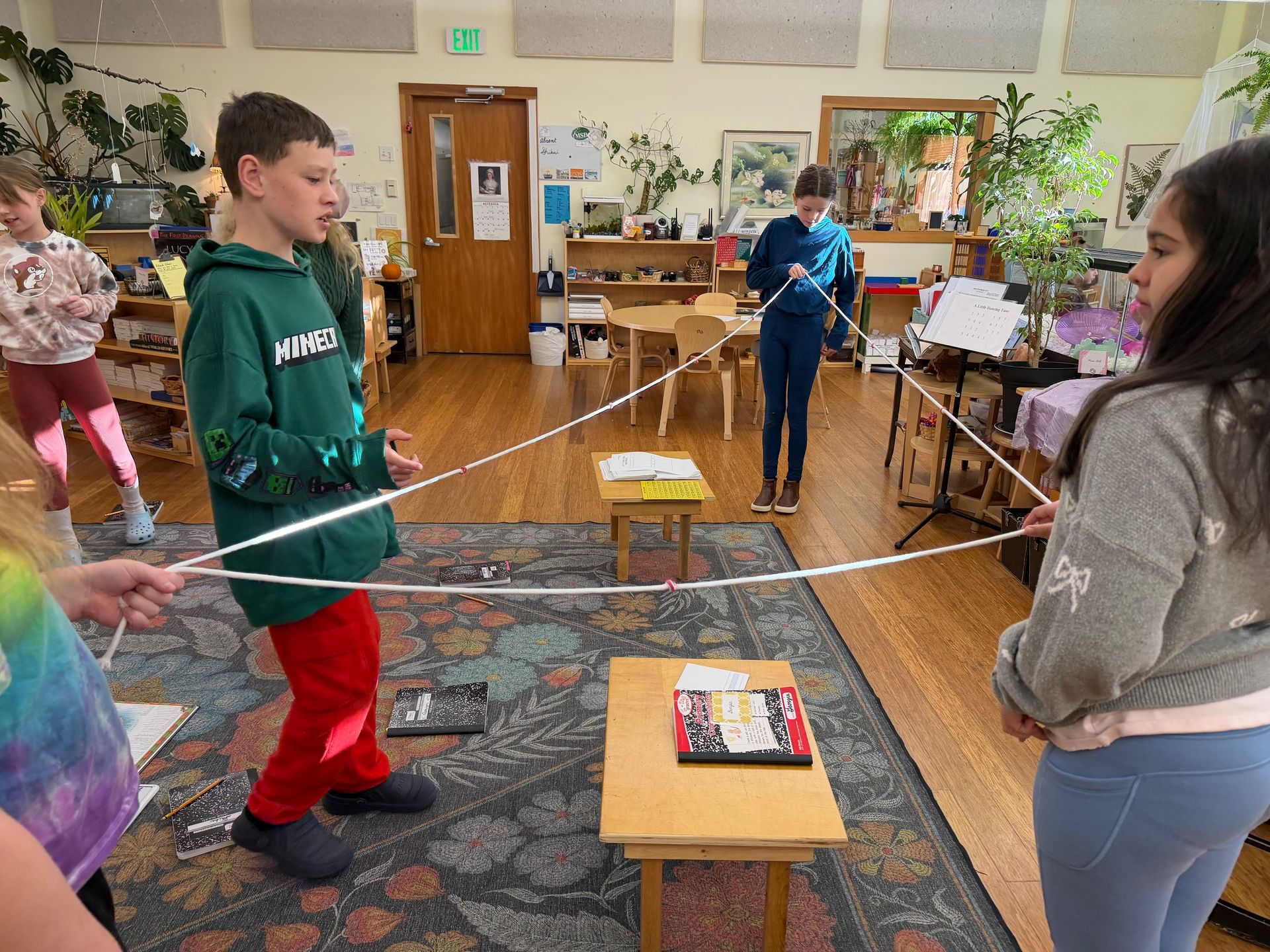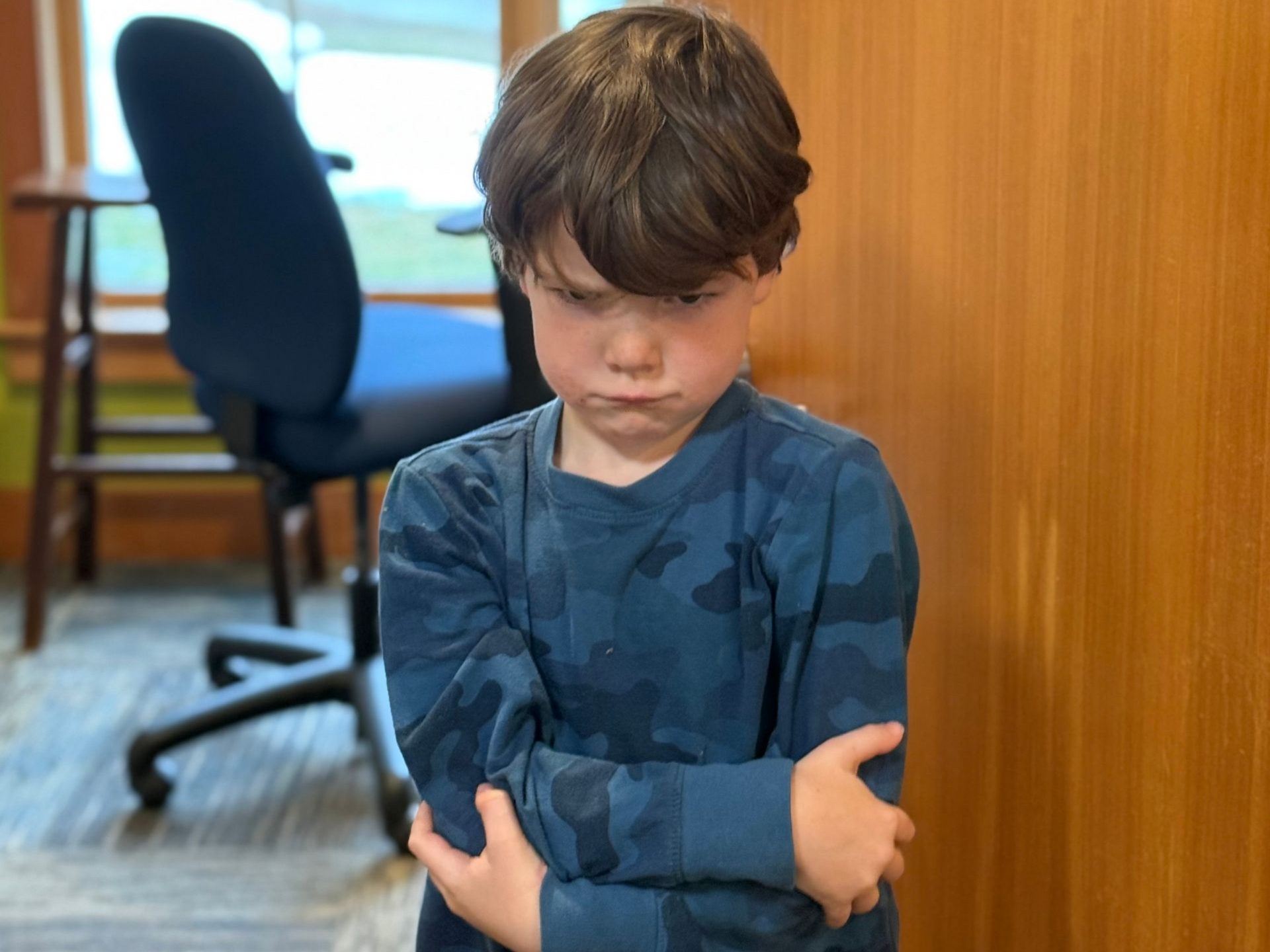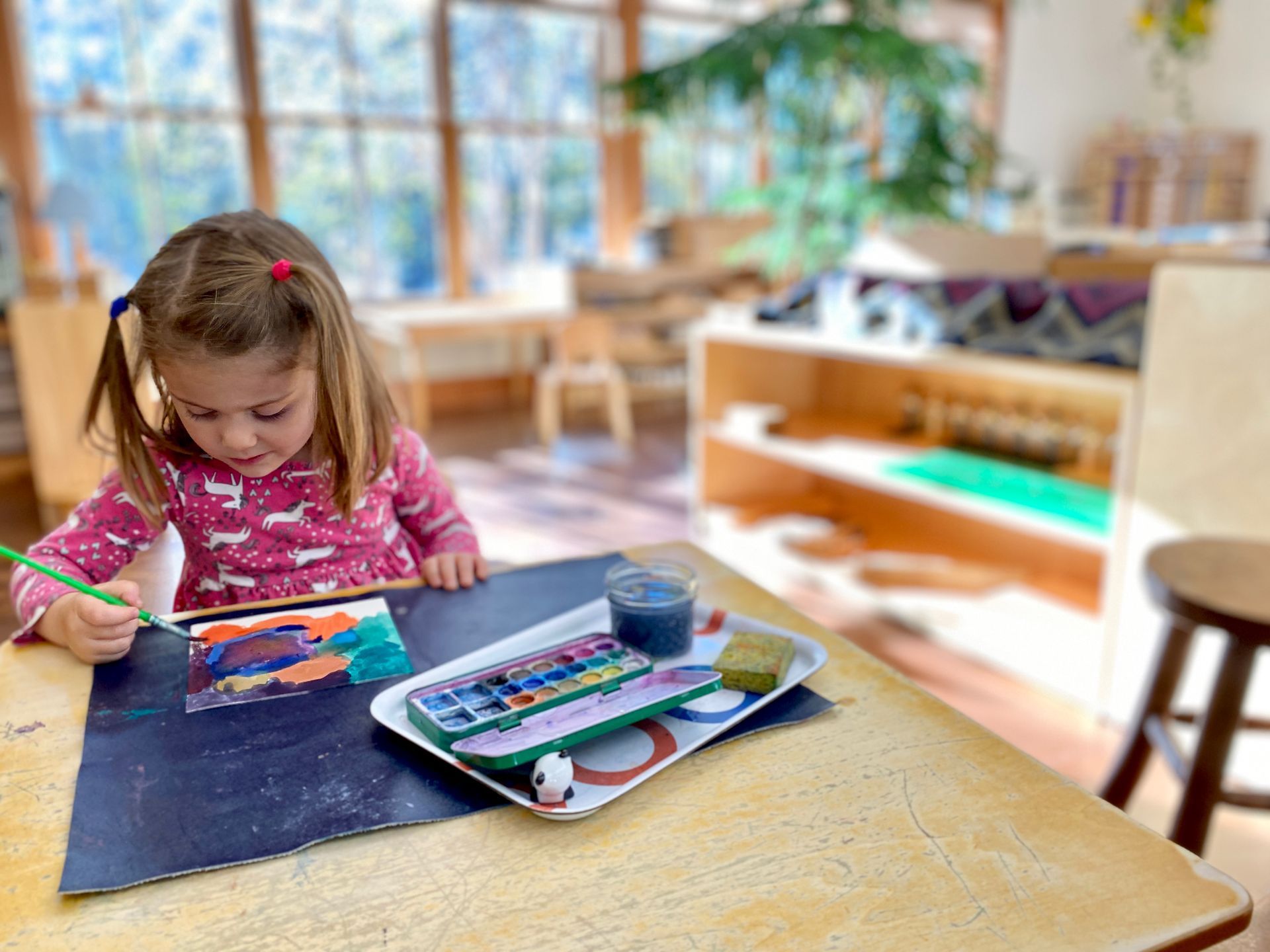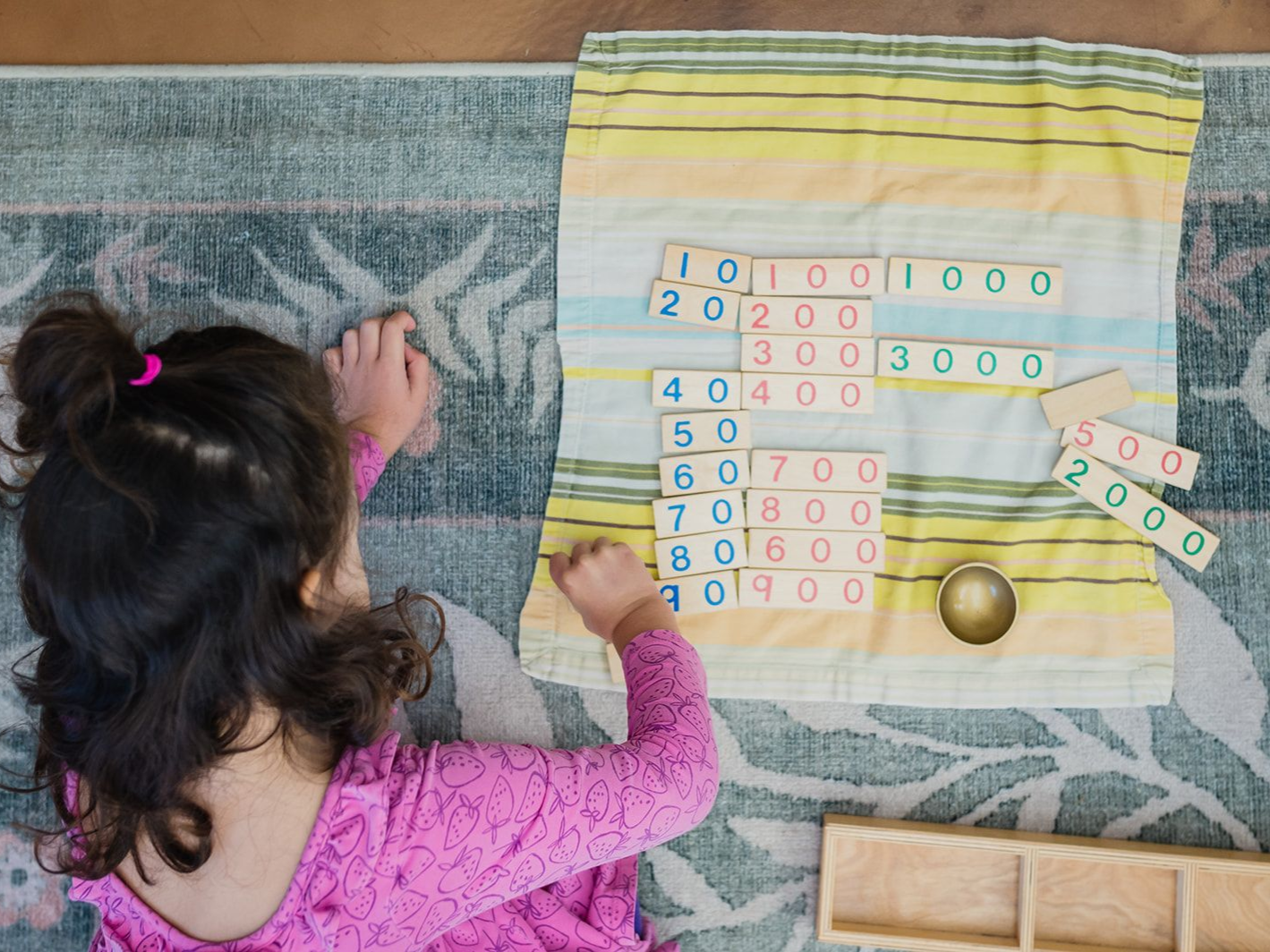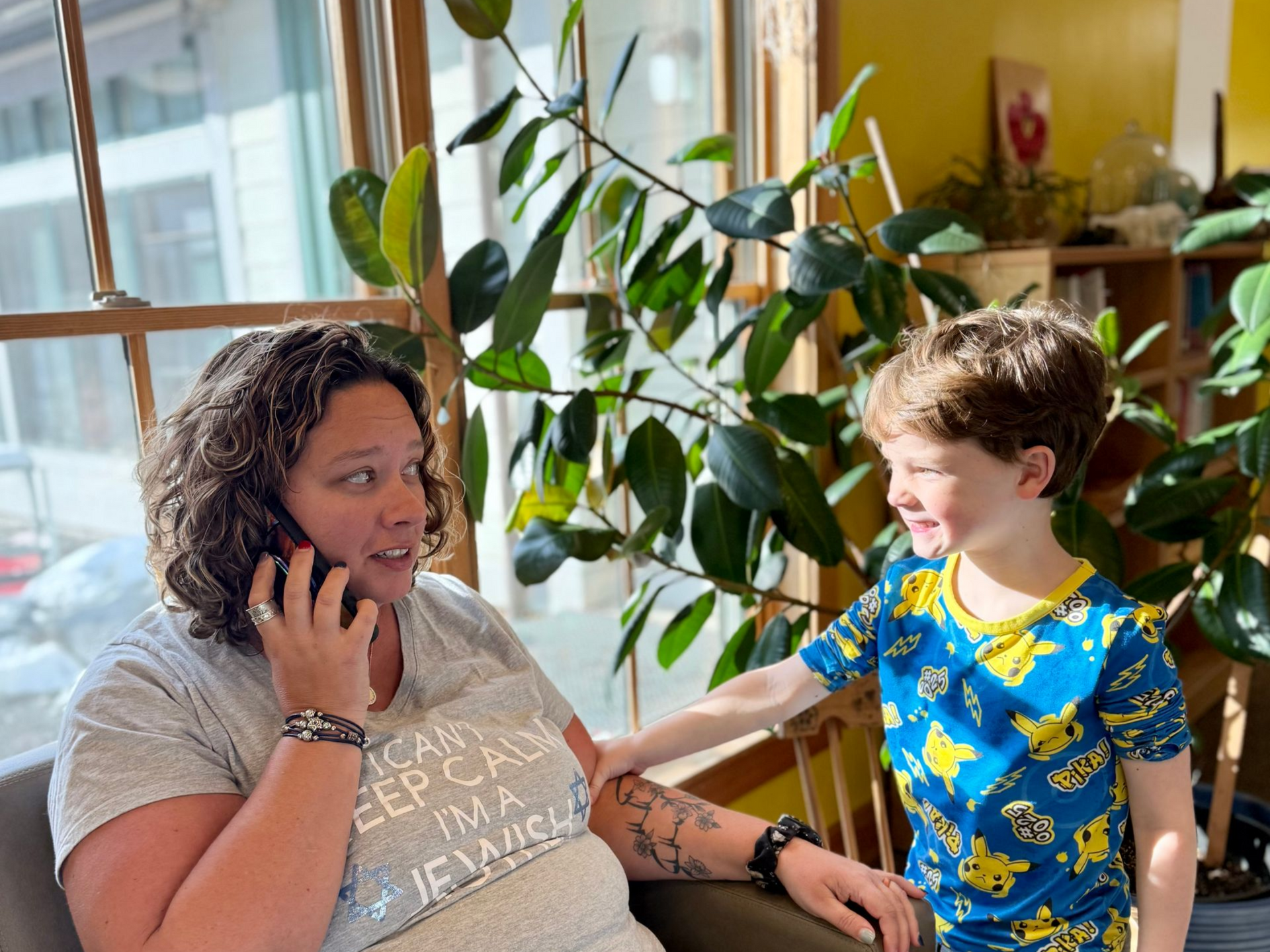7 Major Ways Montessori is Different
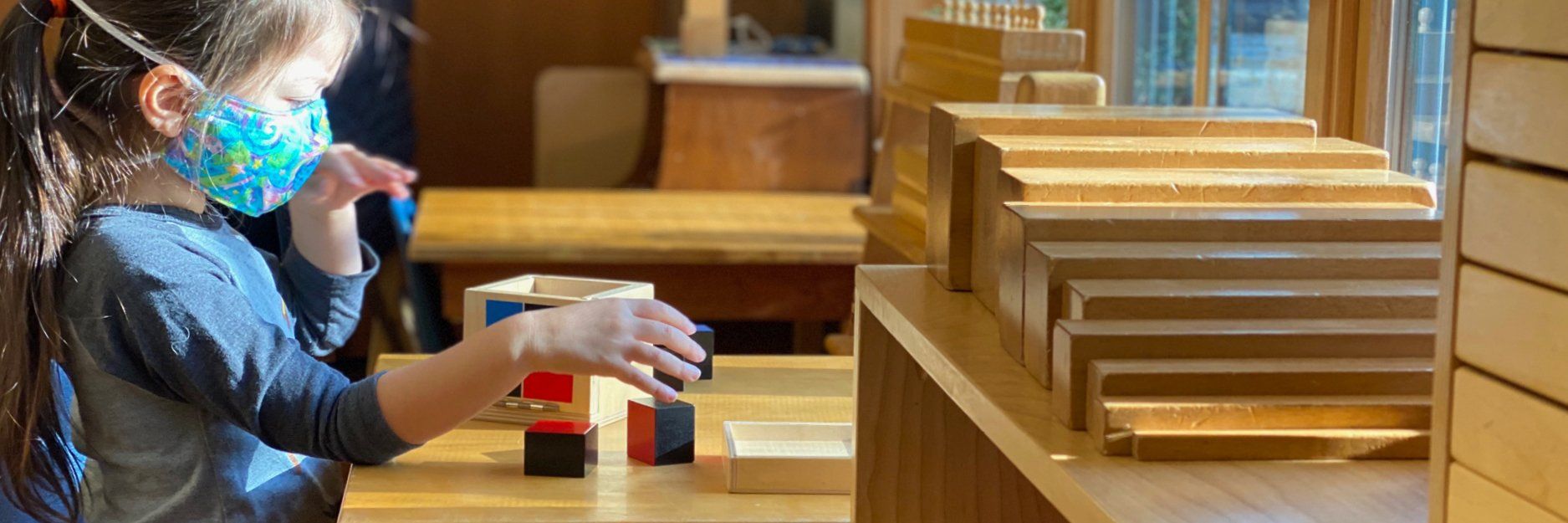
There’s no doubt about it: Montessori is different. From the moment you step foot into our school, you know it’s unlike any conventional school.
We like it that way. We know what we’re offering is special, and the families who seek out our school are usually looking for something different.
What, exactly, makes Montessori special? Read on to learn just a few of the many ways.
Freedom Within Limits
One of the greatest Montessori misunderstandings is that either a) the children in our care run amok with no direction whatsoever, doing whatever they please, or b) our methods are so rigid they allow for little (if any) variation.
As you may have guessed, neither is accurate, and we lie in a lovely place between these two extremes. However, generalizations tend to come from misinterpreted truths.
Montessori does value the child’s independence and choice. Children get to choose their work, where they sit, the order in which they get things done, when to have a snack, when to use the restroom, etc. To help them make these choices successfully, Montessori guides create carefully crafted boundaries for their choices.
For example, children get to choose their work because the options available to them are activities we want them to focus on. They can only select something off the shelf that we have put there in the first place. They are required to use the material correctly. And if they spend three days straight working on the same thing? Well, we believe if they’re doing that then they are getting something important out of the experience. When a child has learned everything they can from a material, they will become bored with it and happily move on to something else.
This doesn’t mean we never guide children who are resistant to try certain things or who avoid particular subjects. It just means we strike a balance between choice and limits.
Multi-Age Classrooms
It’s not very common elsewhere to find classrooms that serve children of more than one grade level. We think multi-age classrooms better serve the children, and we’ve been doing it that way for more than a century - successfully.
Multi-age classrooms allow us to blend the lines between skill levels. The older child who still needs extra help with reading won’t feel left out. There are plenty of others in the class who need the same help they do. The younger child who excels at math and craves more of a challenge can have that, because the structures to do so are already built into the environment.
Our younger students have an abundance of role models and our older students have plenty of opportunity to practice leadership skills and display mastery of their own academic skills by showing the ability to teach others.
Our teachers, students, and families have at least three years to get to know each other. This allows a lengthy list of positive outcomes.
Teachers as Guides
In most places, the teachers are the focus of the classroom. They stand in the front, delivering information that is meant to be consumed. This is not the case in Montessori schools.
We believe the most impactful learning is that which involves self-discovery. We want to guide our students to ask and then answer the questions, rather than dictating a pre-scripted version of what we determine to be the most important.
Do we have a set curriculum? Absolutely! Do we ensure our students master core subjects and become well-versed in a wide variety of information about our world? Of course. We just do so in a way that is more about leading them to learn for themselves.
Individual Pacing
We have said it before and it is definitely worth repeating: learning is not linear. No child learns at the same pace and we all move with starts, stops, and plateaus.
We don’t believe it makes sense to teach to the whole group (in most instances). We think we should honor the individuality of learning, which means allowing each child to progress at his or her own pace.
We have developed helpful systems to support this work, so it’s not only possible, it’s built into the core of everything we do.
No child has to wait for the rest of the group to catch up, feeling bored and restless and wishing they had more. On the same note, no child needs to feel like they’re falling behind and not getting the support they need.
Emphasis on Formative Assessment
We don’t give grades in Montessori schools, but we do document progress. We don’t give tests but we absolutely keep records of where student understanding is. We would argue that our methods allow us to have an even deeper understanding of student progress.
Once a grade is on a report card, it’s a done deal. However we don’t see the finality in learning, nor do we think comparisons between children are necessary or helpful. We want each child to reach certain goals, but we want them to be able to do so at their own pace.
We carefully monitor progress on a daily basis, and our observational forms of assessment allow us to change our teaching strategies in the moment; we can adjust our teaching mid-lesson to make sure our young learners get what they need.
We look at assessment more as a means to review goals and make a plan moving forward.
Focus on Independence
As we mentioned earlier in this article, Montessori focuses heavily on the independence of children. We believe children, even very young children, are capable and eager to do much more than is typically expected of them.
It’s important to note that we are realists. No child will walk through the doors of our school being able to do everything for themselves. Our job is to give enough guidance and support to allow them to progress in that direction.
Infants in Montessori environments who are able to stand and support their own weight are able to help change their own diapers in that position. Toddlers learn to put on and fasten their own coats and shoes. Primary children learn how to prepare their own food and clean up after themselves. Elementary children learn to solve math problems without materials and social conflicts without anger. Adolescents learn the basics of running their own business.
It’s a gradual progression, but each step is just as important as the before or the one that lies ahead.
Development of Global Citizens
Montessori schools operate not just with the goal of educating children in academics, but also with the hope to create kind, creative, and passionate global citizens.
We want to nurture curiosity and a joyful approach to learning that isn’t just about school but about how they see the world. We want to teach children to care about one another, to celebrate the differences between people, and to feel a deep sense of justice and service.
We want them to be successful members of their own local communities, but we also want to give them a broader picture and understanding of the whole world. Knowing how we are all interconnected creates a perspective that will help to create a better planet for everyone.
Are you curious? Want to learn more about Montessori? Reach out today to chat with someone from our school or to take a look at what we have to offer.




